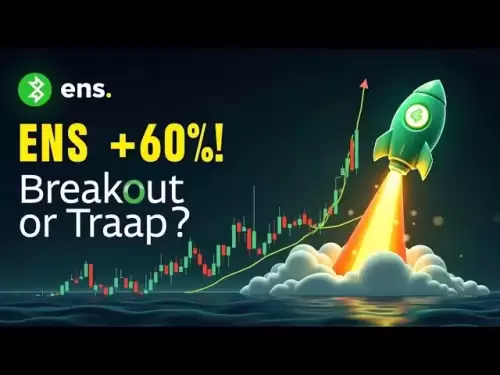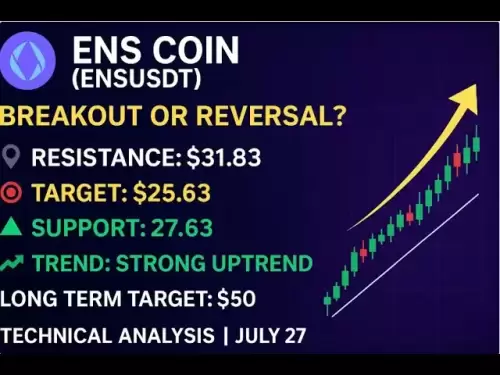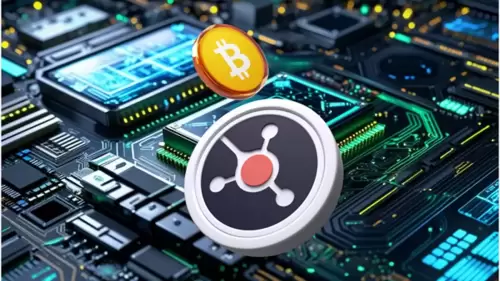Banks that provide exchanges and real-name accounts must specifically verify and verify the purpose of the customer's transaction and the source of funds.

Financial authorities have ordered strengthening anti-money laundering as non-profit corporations and exchanges with virtual assets will be able to sell directly from next month. Banks that provide exchanges and real-name accounts must specifically verify and verify the purpose of the customer's transaction and the source of funds.
According to the Financial Services Commission on the 20th, the Commission has asked the Virtual Asset Exchange and banks issuing real-name accounts to specifically identify the purpose of the transaction and the source of funds related to the sale of virtual assets. This is a proactive response to the possible sale of non-profit corporations and virtual asset exchanges starting in June.
Accordingly, when the customer receives virtual assets, the exchange must examine the nature of the transaction and the flow of funds in detail when the sale price is withdrawn through the real-name account. For example, if a non-profit organization receives a coin donation and wants to cash it, the exchange must identify the route of the coin's warehousing, and the bank must check for abnormal transactions in the process of withdrawing funds after selling.
In addition, exchanges and banks should continuously monitor whether customers or their representatives may be involved in money laundering crimes. The customer verification cycle should be self-set within a maximum of one year, but for high-risk customers, it should be reconfirmed in a shorter cycle.
The Korea Federation of Banks and the Digital Asset Exchange Joint Consultative Group (DAXA) plan to compile related guidelines and distribute them to member companies this month.
The Financial Services Commission said, "In the second half of the year, we will announce a plan to allow listed corporations and professional investor-registered corporations to issue real-name accounts," adding, "We will also come up with additional measures to prevent money laundering."
Disclaimer:info@kdj.com
The information provided is not trading advice. kdj.com does not assume any responsibility for any investments made based on the information provided in this article. Cryptocurrencies are highly volatile and it is highly recommended that you invest with caution after thorough research!
If you believe that the content used on this website infringes your copyright, please contact us immediately (info@kdj.com) and we will delete it promptly.












































































